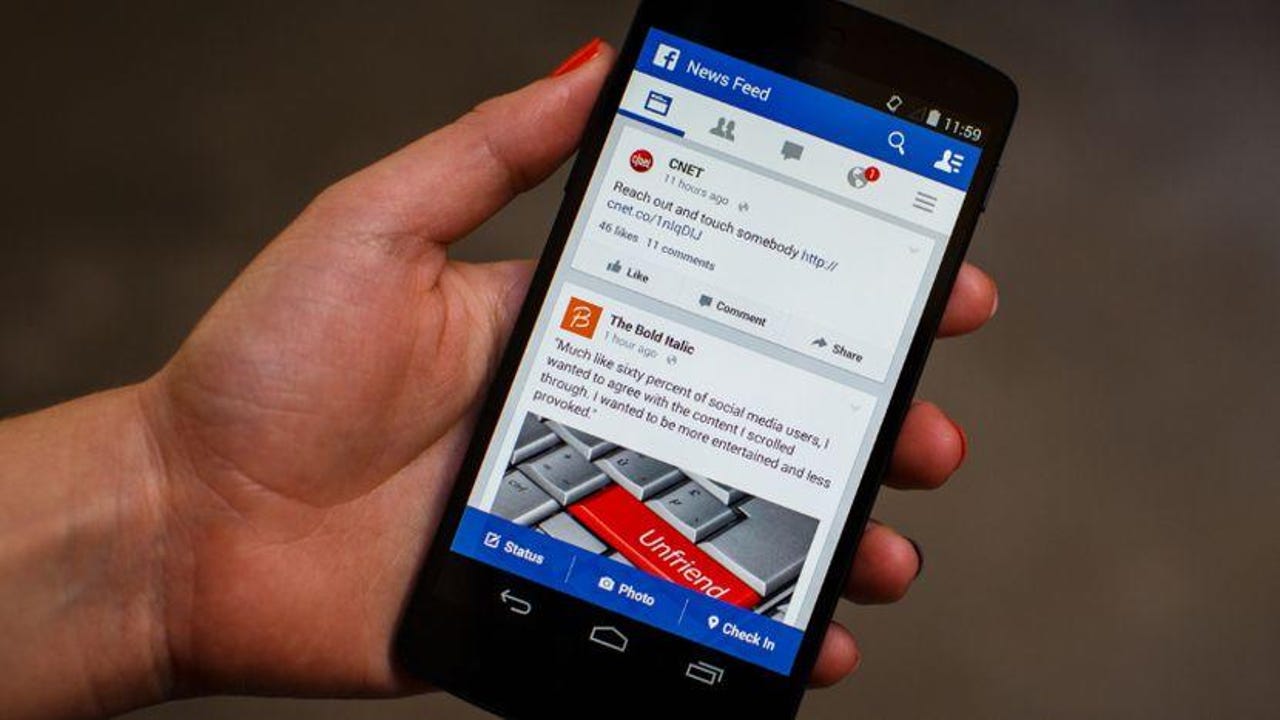NZ Privacy Commissioner labels Facebook as 'morally bankrupt pathological liars'


The New Zealand Privacy Commissioner John Edwards has lashed out at Facebook, labelling the social network as "morally bankrupt pathological liars who enable genocide (Myanmar)" on Twitter on Sunday night.
Edwards added that the company refuses to "accept any responsibility for any content or harm".
In an interview with Radio New Zealand on Monday morning, Edwards said Facebook had no systems in place to detect the Christchurch terror attack, and following Facebook's refusal to delay any live streaming as an interim measure, it would still be difficult for New Zealand to act.
"This is a global problem. The events that were livestreamed in Christchurch could happen anywhere in the world, and it's a problem that governments need to come together and force the platforms to have a solution for," he said.
"It maybe that regulating, as Australia has done just in the last week, would be a good interim way to get their attention and say 'Unless you can demonstrate the safety of these services, you simply cannot use them'."
Last week, both major parties in Australia rammed the Criminal Code Amendment (Unlawful Showing of Abhorrent Violent Material) Bill 2019 through Parliament during its final sitting week. The new laws use existing arrangements that require site owners to notify police if their services are used to access child pornography, with the maximum penalty being three years imprisonment for individuals, or a fine worth 10% of a company's annual global turnover for those that fail to comply.
The scope of the legislation is restricted to content deemed abhorrent and broadcasted by perpetrators and their accomplices who engage in terrorist activity, murder, torture, rape, or kidnapping.
Also see: Why the tech industry is wrong about Australia's video streaming legislation
Witnesses to any of those crimes that are not affiliated with the perpetrators, such as those who happen to live-stream the activity, are not covered by the Bill. Other exceptions for committing such behaviour include to enforce the law, tconduct investigations or court proceedings, conduct research, advocate for law changes, report in the public interest, or for artistic reasons.
A video of the terror attack in Christchurch was viewed around 4,000 times on Facebook and took 29 minutes before it was finally reported, Facebook said previously.
Despite its removal, approximately 1.5 million copies of the video sprung up on the network in the first 24 hours after the attack. However, only approximately 300,000 copies were published as over 1.2 million videos were blocked at upload, the social media giant said. Edwards added that Facebook could no longer say it was solely a platform and not responsible for content, pointing to the use of the social network by Russian trolls in recent elections and its use in Myanmar to target Rohingya Muslims.
Facebook did not respond to a request for comment by the time of publication.
Related Coverage
Australia's abhorrent video streaming legislation rammed through Parliament
The eSafety Commissioner given power to send notices that reverse evidentiary proof should prosecution be undertaken.
Why the tech industry is wrong about Australia's video streaming legislation
The tech industry's predictable knee-jerk reaction to the government's knee-jerk 'social media' legislation highlights its moral bankruptcy. It's time to be part of the solution, not the problem.
Facebook data privacy scandal: A cheat sheet (TechRepublic)
Read about the saga of Facebook's failures in ensuring privacy for user data, including how it relates to Cambridge Analytica, the GDPR, the Brexit campaign, and the 2016 US presidential election.
Apple revokes Facebook's ability to deploy apps internally amid privacy scandal dispute (TechRepublic)
What happens when you get kicked out of Apple's Enterprise Developer program? Facebook is finding out the hard way.
Facebook-Cambridge Analytica privacy scandal: Your data still isn't secure (TechRepublic)
On the one-year anniversary of the Facebook-Cambridge Analytica data privacy scandal, Dan Patterson advises companies to stay vigilant and keep data locked down and secure.